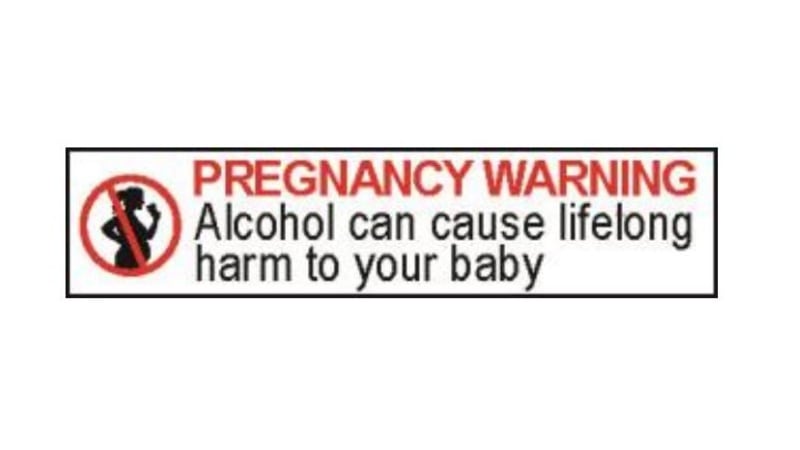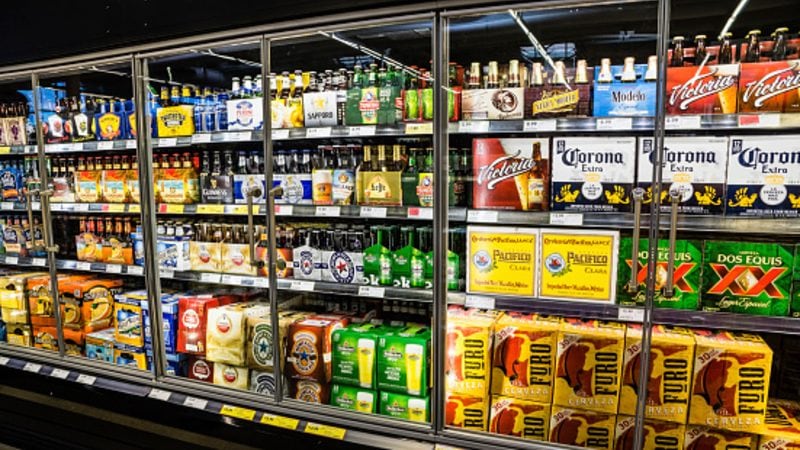The study was conducted on over 7,500 participants via an online survey, assessing their support for 14 alcohol control initiatives such as warning labels, alcohol advertising, alcohol sponsorships at sports events, education campaigns and government control taskforces.
The participants hailed from seven countries (Australia, Canada, China, India, New Zealand, the United Kingdom, and the United States). Across all the policies put up in the survey, support was highest in India which consistently scored above 80% for all measures.
“There is likely to be a cultural element [here] - In India alcohol hasn’t been part of cultural rituals to the same extent that it has been in most of the other countries included in the study, and there is a stronger perception that alcohol is a vice product,” study head researcher Professor Simone Pettigrew from the George Institute for Global Health told FoodNavigator-Asia.
“Cultural rituals in India typically involve other forms of consumption (e.g., tea) more so than alcohol [as compared to] countries such as the UK and Australia, where alcohol is involved in most forms of socialising and celebration.
“Additionally, India already has alcohol control policies in place, and there is a general trend for the public to become more accepting of health policies over time once they have been implemented.”
As it is, India also the highest-rated in terms of existing policies at 81.8 points based on the Alcohol Control Policy Index, which is a measure of the stringency of existing alcohol policies – this was far in front of closest competitors the UK (52.2), China (50.0) and New Zealand (50.0).
Top levels of support were found in India for the implementation of ‘public education campaigns about alcohol-related harms’ which received 86% of support, to implement pregnancy warning labels (85%), health warning labels (84%) and a ‘special government taskforce dedicated to addressing alcohol harms’ (84%).
India was also the only country to score above 80% for many of these initiatives – this was particularly glaring when it came to sports sponsorship restrictions and setting up a government taskforce for control, where all other countries scored above 68%.
Responding to queries on whether this contrasted in any way with the recent ‘alcohol rush’ in India post-lockdown, Prof Pettigrew explained that this was unrelated as the rush was due to ‘much more limited retail availability’ there.
“Demand exceeded supply when only a few stores opened, [whereas] alcohol retail stores are very commonplace in many other countries (including online) so there was much less of an issue with being able to stay stocked up during COVID-19 elsewhere,” she said.
“It is sad to see that alcohol was considered a ‘necessity’ by some governments so people were allowed to go out shopping for alcohol during lockdowns.”
Other countries’ stands
The only other country that came close to India’s high scores was China which expressed strong support for pregnancy warning labels (85%), more prominent standard drink quantity information (83%), health warning labels (81%) and calorie information (81%). However, it showed mediocre support for advertising restrictions (57%) and sponsorship restrictions (65%).
India and China were also the only two countries to strongly support pregnancy warning labels (both 85%) and health warning labels (81% and 84% respectively). In Australia and New Zealand, where Food Standards Australia New Zealand (FSANZ) has just opted to change the warning text on such labels from ‘Health Warning’ to ‘Pregnancy Warning’, support was at 67.5% on average for the former, and a much lower 59% for the latter.
According to Prof Pettigrew, this implies that the industry is still failing to acknowledge the public health issues here.
“The most telling thing here is the strong resistance to the term ‘health warning’ by the alcohol industry because they still generally fail to acknowledge that alcohol use is a primary contributor to health problems globally (e.g., it is a group one carcinogen and there is no recognised ‘safe dose’),” she said.
“By lobbying hard for the terminology to be restricted to ‘pregnancy warning’ they are hoping to limit damage to their sales.”
She also lambasted the FSANZ’s decision to prolong the mandatory implementation period from two years to three years.
“The FASD burden in Australia is substantial and needs to be addressed as soon as possible. The timing extension is an unreasonable request by industry given the two-year time frame provided for food manufacturers to introduce mandatory country of original labelling, for example,” she said.
“Adding another year simply increases the number of babies born with FASD.”
In addition, although labels were acknowledged to be a ‘good starting point’, according to World Health Organisation guidance for all countries to reduce alcohol-related harm, these are essentially ‘at the bottom of this list’ as compared to things like taxation, advertising bans and restricted sales timings.
“[This shows] that there are many other policies with potentially higher levels of effectiveness that we need to also implement,” she said.
“The most striking finding from this study is that most of the assessed policies have majority support in most of the included countries.
“These governments have public support for strategies that would make meaningful reductions in alcohol-related harm and that they should therefore implement these policies. So what is stopping them from doing so?
“To enact these policies will require governments to resist the strong efforts of the alcohol industry to control nations’ alcohol policies.”
Prof Pettigrew and her team are looking to also extend this study to more countries in the APAC region once funding is sourced.
Study: Public support for alcohol control initiatives across seven countries
Source: International Journal of Drug Policy
Authors: Dekker, M. R. et. al.





